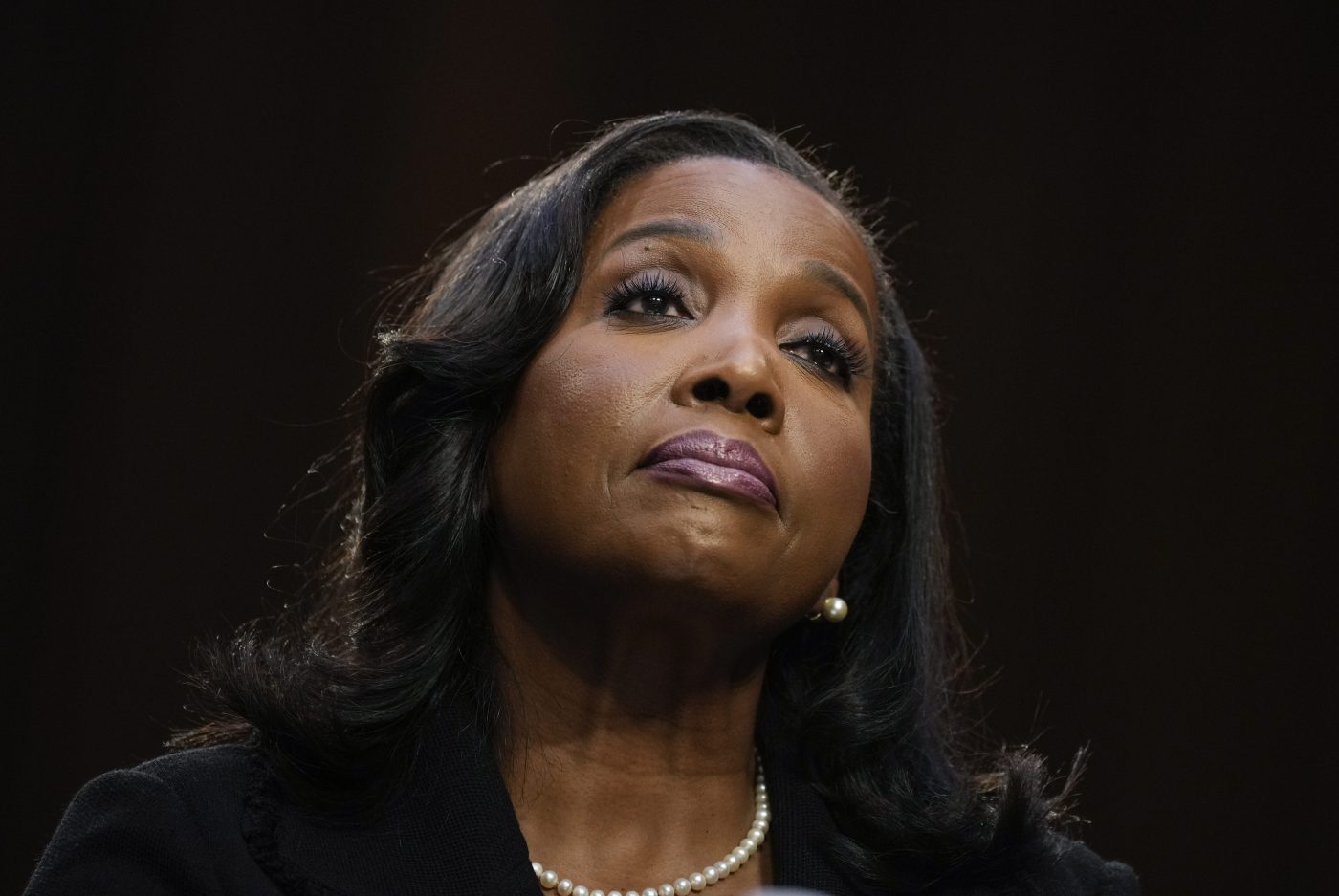Former President Donald Trump has intensified his efforts to influence the independent Federal Reserve by attempting to dismiss Governor Lisa Cook. This move, occurring in March 2024, raises significant legal and economic concerns. Trump has leveled allegations of mortgage fraud against Cook, yet many analysts believe this is more about ideological differences than legitimate legal issues.
The Federal Reserve plays a critical role in shaping monetary policy, primarily by setting interest rates. These decisions should be based on objective economic analysis rather than political motives. Trump’s actions have sparked widespread criticism, suggesting that any interference with the Fed’s independence could result in severe repercussions for the U.S. economy and global markets.
Cook firmly rejected Trump’s attempt to fire her, asserting that he lacks the authority to do so. She has indicated her willingness to take legal action to defend her position, emphasizing the importance of maintaining the Fed’s independence. The U.S. Supreme Court has previously recognized the necessity of protecting the central bank from political influence, specifically excluding it from rulings that would allow the dismissal of independent agency heads by the president.
As Trump continues to challenge the Fed’s autonomy, experts warn that undermining its authority could destabilize the economy. The potential consequences of such actions are difficult to predict, but there is a consensus among economists that it could lead to catastrophic outcomes. History has shown that governments that interfere with their central banks often face dire consequences.
The allegations of mortgage fraud against Cook echo previous attempts by Trump to discredit political opponents, notably Tish James, the New York Attorney General. In both cases, critics argue these accusations serve primarily as tools for political warfare, rather than genuine legal concerns. The involvement of Bill Pulte, a Trump donor and director of the Federal Housing Finance Agency, raises additional questions about the motivations behind these actions.
Critics have pointed out that such political maneuvers undermine the rule of law and the principles of a responsible government. Instead of acting as public servants, Trump’s appointees appear to be engaged in a broader campaign against perceived enemies, particularly targeting individuals from marginalized backgrounds.
The implications of Trump’s assault on the Federal Reserve extend far beyond Cook’s position. This situation represents a pivotal moment for the U.S. economy and its democratic institutions. The potential for significant market disruption looms if political interests continue to encroach upon the independence of the Fed.
In conclusion, Trump’s efforts to exert control over the Federal Reserve must be challenged to safeguard both the global economy and the fundamental tenets of democracy. The outcome of this confrontation will be critical in determining the future stability of the economic landscape.
